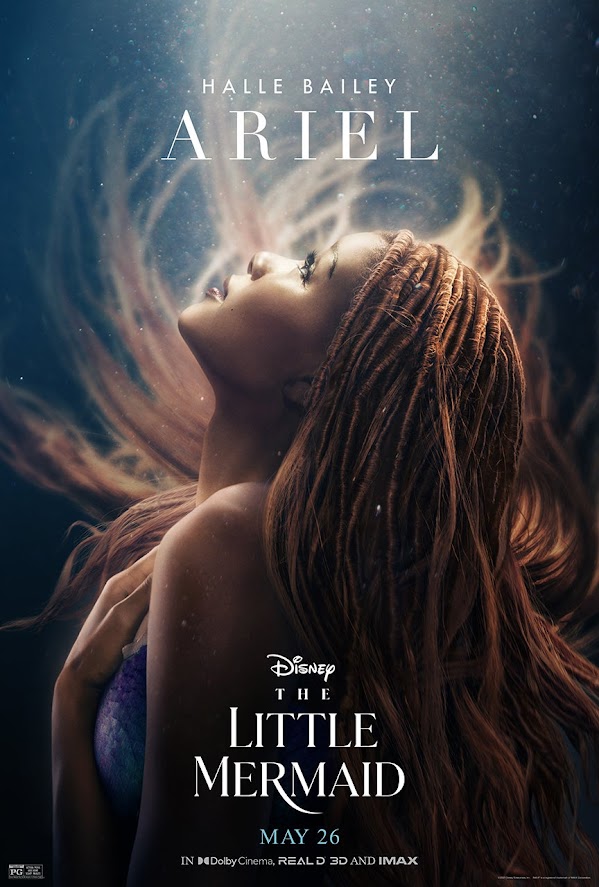MICHAEL JACKSON: THE PIONEER OF MUSIC VIDEOS
In the realm of music, few artists have left an indelible mark on the industry quite like the legendary Michael Jackson. While his unparalleled vocal talents and electrifying stage presence played significant roles in his success, it was his pioneering work in the realm of music videos that truly set him apart. With his creative vision, Jackson transformed the concept of music videos into a groundbreaking art form, forever changing the landscape of popular culture. As Al Tompkins explains:
Jackson (along with Madonna and David Bowie) changed pop music in significant ways. He was the pioneer of highly produced music videos such as Thriller, Beat It and Billie Jean Before Dec. 2, 1983, when Thriller was released, there were simply no other music videos like it.
(June 25, 2009)
The Birth of a New Era:
In the early 1980s, the music industry primarily relied on television appearances and live performances to promote artists and their music. However, Michael Jackson sought to elevate this medium by envisioning music videos as more than just a promotional tool. He recognised the potential to combine music, dance, storytelling, and visual effects to create immersive and captivating narratives.
The vibrant 80’s, Disco and the introduction of MTV served as means to expand Jackson’s influence. In 1981, MTV presented itself as a promising platform for the music industry, specifically rock music, but controversy swirled around it due to the lack of black artists displayed. It’s important to emphasise that the music industry was a very limiting space for black artists to thrive in. They still had to fight to get a spot on TV and to be promoted by radio stations, and Jackson was not an exception. However, a change came when, in 1984, his videos started to be heavily rotated on the channel.
Thriller: A Game-Changer:
Jackson's creative genius reached its zenith with the release of his iconic music video for Thriller in 1983. Directed by John Landis, the 14-minute epic not only showcased Jackson's unparalleled talent but also marked a turning point in the world of music videos. Thriller is a theatrical short with cinematic production values. It's heavily inspired by American Werewolf in London, a project also directed by Landis. This is a tridimensional film with Thriller as the soundtrack. From the blended horror elements, to the iconic choreography and customisation, there is an attempt to innovate and bring something different into the evolving landscape that the music industry was becoming. With it, Jackson set a new standard for music videos and transformed them into a must-watch cultural event.
As his stardom grew, Jackson continued to use the medium to tackle social issues. In Black or White (1991), he addressed racism and the importance of unity in a globalised world. The video's use of cutting-edge morphing technology and its visually stunning finale symbolised Jackson's commitment to using his platform to convey powerful messages. They don’t care about us (1996) is another example of that. This song had two different music videos directed by Spike Lee. Unfortunately, these videos did not have proper exposure due to the reluctance of radio stations to air the song and the banning of one of the videos in the US. Jackson chose to shoot one of the videos in Brazil, in a favela called Pelourinho, featuring the drumming group Olodum. Local officials in Rio de Janeiro tried to ban the filming of the video out of fear that depictions of poverty would create a negative perception of the city internationally. The second video questions the prison system in America along with the many injustices around the world and within American culture. Essentially, both films are a statement. A raw expression of despair, and also determination to reclaim change and shed light on issues that many times remain silenced.
Beyond Entertainment:
Jackson's influence went far beyond Thriller. In subsequent years, he continued to push boundaries and innovate with music videos. As he progresses in his career, he follows this lane, creating videos that distance from fiction to reflect on more social issues. In Bad (1987), directed by Martin Scorsese, Jackson depicted themes of inner-city struggle and defiance, utilising a short film format that further blurred the lines between music and storytelling. The film is inspired by the Edmund Perry case, a young boy who was the victim of a homicide at the hands of a police officer. As it progresses, the film transitions into a colourful music video, again inspired by the Broadway musical West Side Story, filled with choreography and uptempo song that reiterates the message against violence. With Smooth Criminal, he employed innovative special effects and gravity-defying dance sequences, leaving audiences mesmerised.
Highly recommend you to watch this video I made more than a year ago on this very topic.
*Make sure to share this article with someone that loves MJ. XOXO!
.png)



Comments
Post a Comment